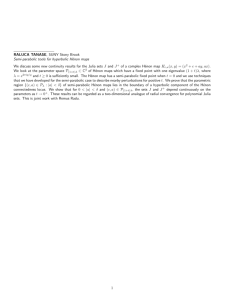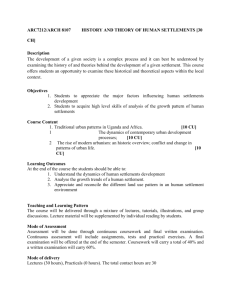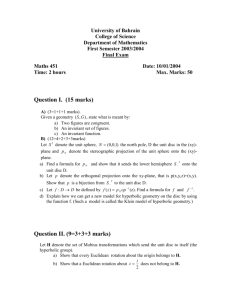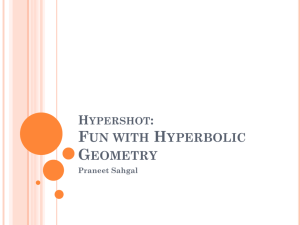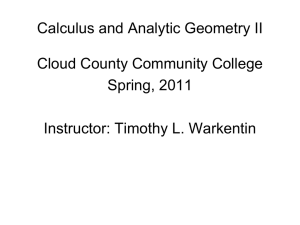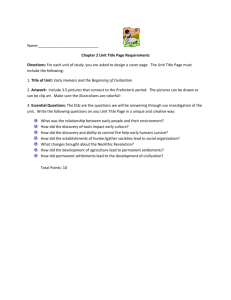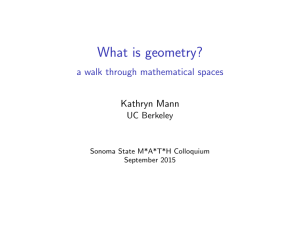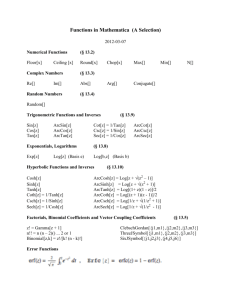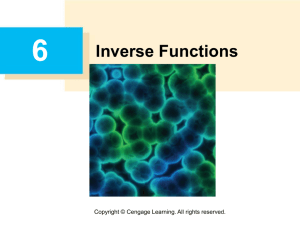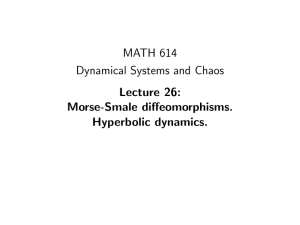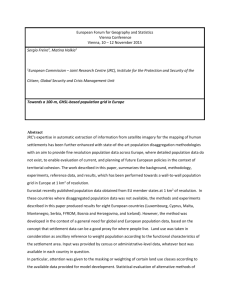Eng_Civil_Al-Shamrani, M.
advertisement
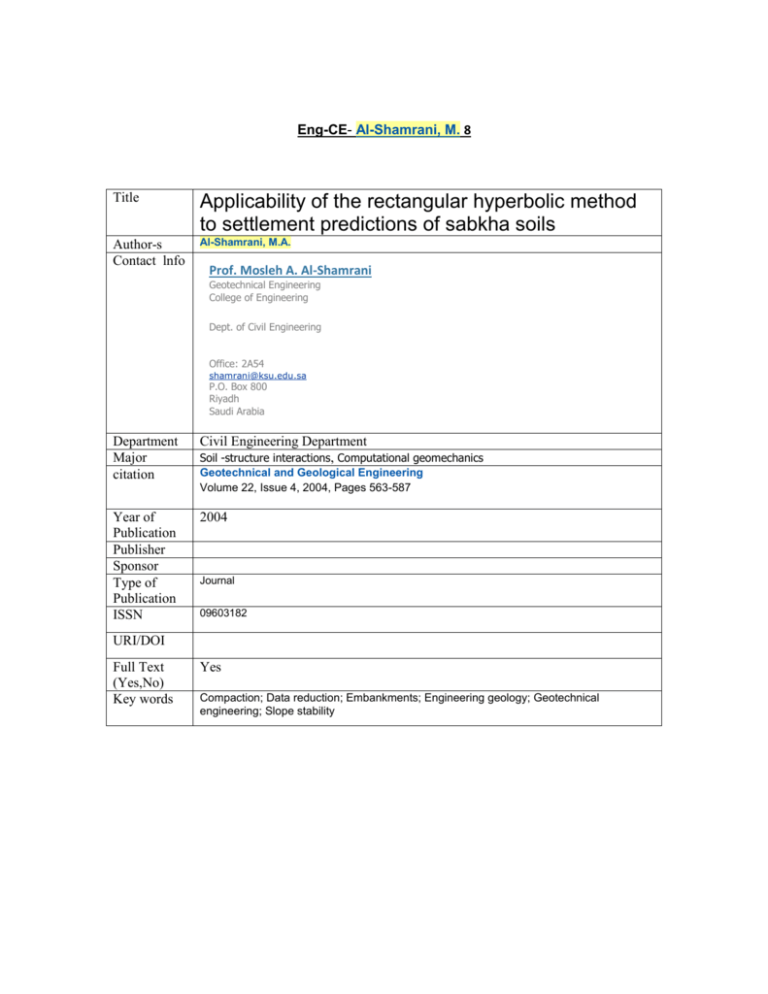
Eng-CE- Al-Shamrani, M. 8 Title Applicability of the rectangular hyperbolic method to settlement predictions of sabkha soils Author-s Contact lnfo Al-Shamrani, M.A. Prof. Mosleh A. Al-Shamrani Geotechnical Engineering College of Engineering Dept. of Civil Engineering Office: 2A54 shamrani@ksu.edu.sa P.O. Box 800 Riyadh Saudi Arabia Department Major citation Civil Engineering Department Soil -structure interactions, Computational geomechanics Year of Publication Publisher Sponsor Type of Publication ISSN 2004 Geotechnical and Geological Engineering Volume 22, Issue 4, 2004, Pages 563-587 Journal 09603182 URI/DOI Full Text (Yes,No) Key words Yes Compaction; Data reduction; Embankments; Engineering geology; Geotechnical engineering; Slope stability Abstract In this paper, the applicability of the hyperbolic method to predict settlements of sabkha formations was investigated. Conventional and long-term consolidation tests were conducted, and the fit of the experimental data to a rectangular hyperbolic relationship was examined. The validity of the hyperbolic form as a representation of the settlement-time response of sabkha soils was further ascertained by analysing settlement records measured under an instrumented test embankment. The laboratory results indicated that the settlement-time behaviour could reasonably be represented by the hyperbolic relationship. Settlement estimates determined as the inverse of the slope of the initial linear segment multiplied by the slope of the theoretical curve, or obtained based on the radial slopes corresponding to 50% and 90% consolidation points, all underestimated the observed total settlements. However, the inverse of the slope of the final linear segment of the hyperbolic curve gave excellent estimates of the observed total settlements. The agreements between the predicted and observed in situ ultimate primary consolidation settlements are considered reasonable. Finally, except when the hyperbolic plot follows a straight line, the use of the hyperbolic method for prediction of total settlements of sabkha soils with prominent secondary compression behaviour has been shown to be both uncertain and impractical. © Kluwer Academic Publishers.
